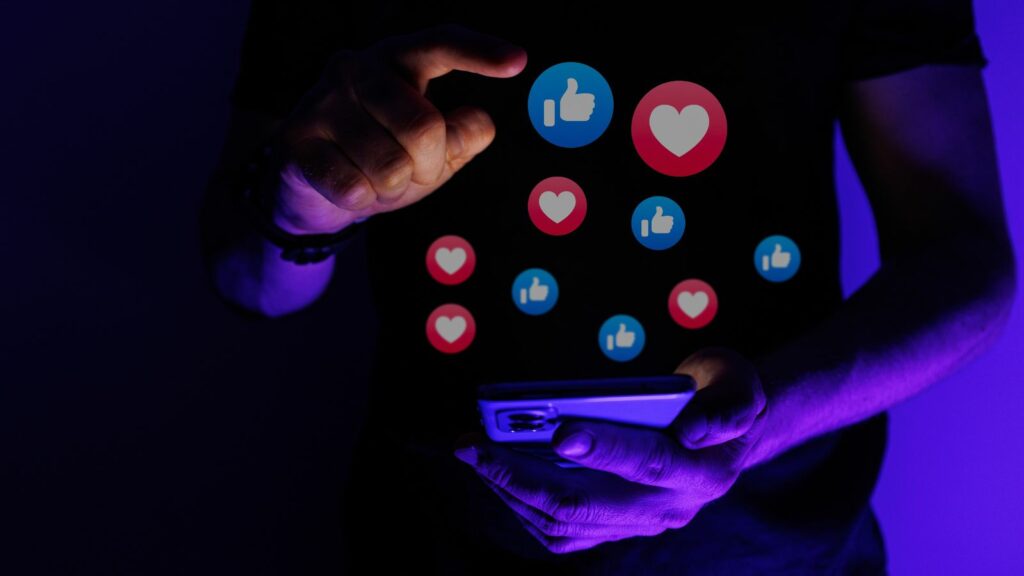Social media is everywhere: our phones, laptops, even our watches. It’s changed how we connect, giving us the power to communicate with a tap or swipe. But with all this convenience comes new challenges, especially for our relationships. From friendships to romantic partnerships, social media has reshaped how we interact and what we expect from each other.
Here’s a closer look at how social media influences our relationships in ways we might not notice.
Staying in Touch Anytime, Anywhere

Social media lets us stay close to people no matter where they are. A quick message, a shared memory, or a spontaneous photo helps us stay part of each other’s lives. However, this constant availability can become overwhelming. Sometimes, it takes us away from in-person time because we’re so used to chatting online.
Fueling Jealousy and Trust Issues

Seeing what your partner is up to can help you feel more connected and reassured. Conversely, seeing every like and comment can make you overthink things or even feel insecure. It’s easy to let your imagination run wild about who your partner is interacting with online.
Setting Unrealistic Expectations

Social media often shows relationships as perfect, full of romantic gestures, and zero problems. This can make us think that everyone else has it better, which isn’t true at all. In reality, all relationships have ups and downs, but we rarely see the “downs” online.
Eroding Privacy
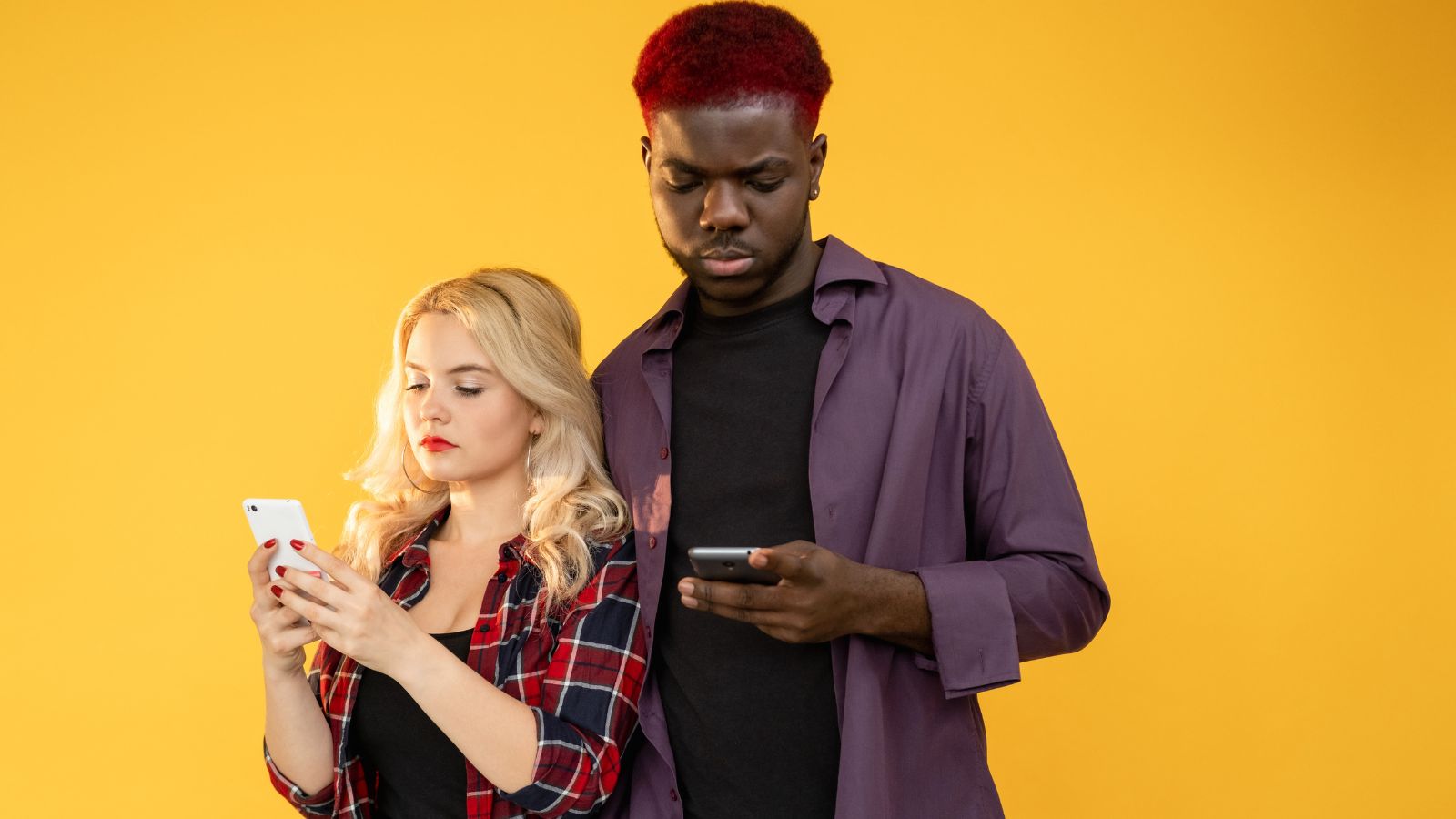
Sharing relationship milestones online can be fun and make us feel closer to friends and family. However, oversharing can sometimes lead to unwanted opinions or even misunderstandings. Keeping some things just between you and your partner is often a healthier choice.
Replacing Face-to-Face with Texts and DMs

It’s easy to default to texting or sending a quick DM, especially when life is busy. However, relying too much on digital communication can make conversations feel shallow. There’s no substitute for hearing someone’s voice or seeing their face when they talk.
Pressure to “Show Off” Your Relationship

Social media often makes us feel we need to prove our relationship’s worth by posting about it. While it can be fun to share happy moments, the need to “show off” can sometimes feel like we’re trying to impress others rather than enjoy the relationship itself.
Constant Comparison with Others

Scrolling through happy couple photos can make us wonder if our relationship is lacking something. But comparing our real lives to someone else’s highlight reel only sets us up for disappointment.
Losing Out on Quality Time

Have you ever been on a date where both of you kept checking your phones? Being distracted by social media can make your partner or friend feel ignored, damaging the connection over time.
Increased Temptations

Social media makes it easier to connect (or reconnect) with new people or old flames, which can sometimes lead to temptation. This isn’t to say it’s always a problem, but it’s important to recognize the potential for things to get complicated.
Easy Miscommunication

Messages don’t show facial expressions or tone, which means words can be misunderstood. Even a simple “K” or period at the end of a sentence might be read incorrectly, creating unnecessary conflict.
Getting into “Social Media Stalking”
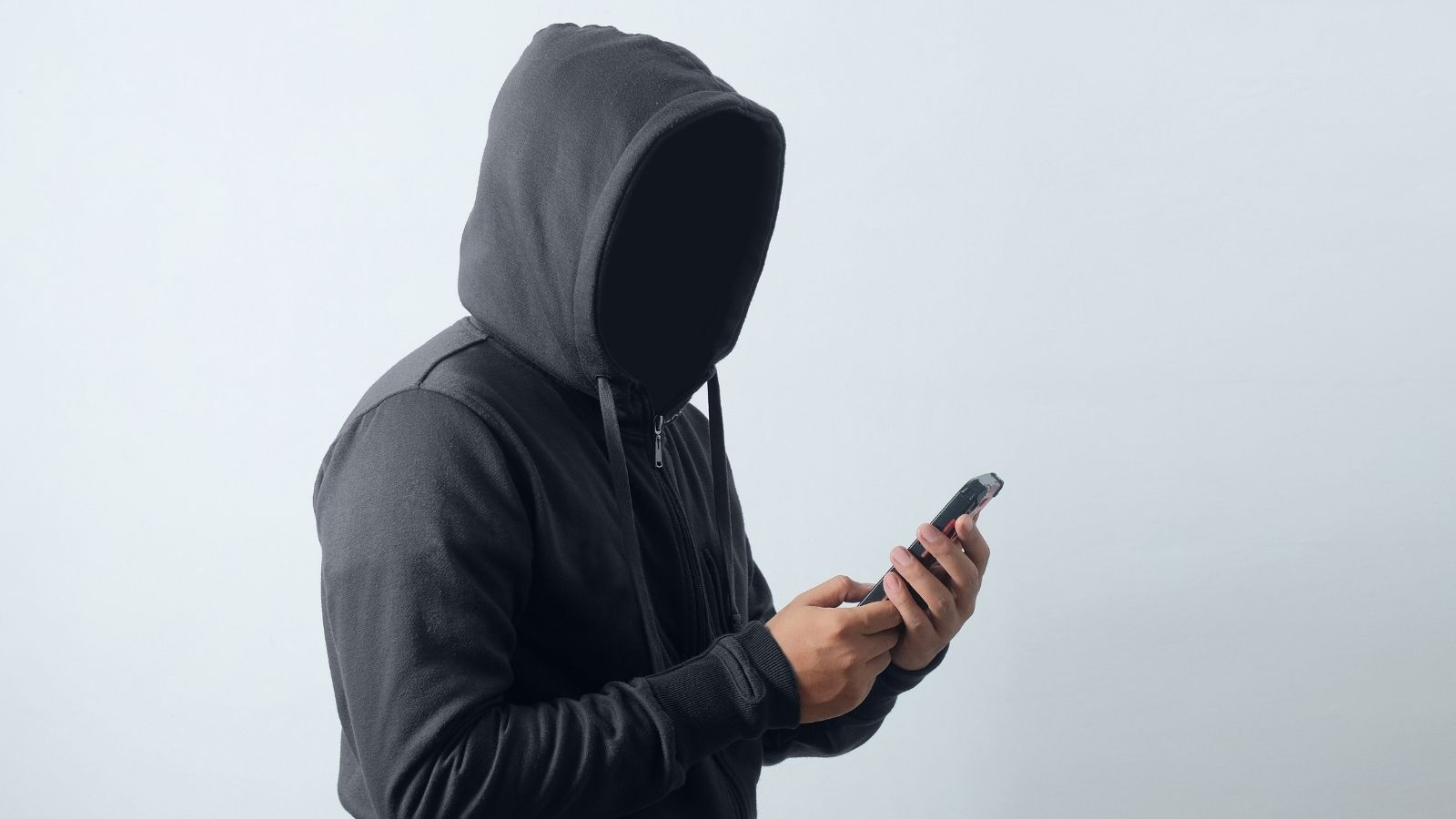
We’ve all done it—checking someone’s profile to learn more about them. But this can sometimes become a habit in relationships, leading to overthinking or reading too much into every post and comment.
Dealing with Outside Opinions and Negativity

Posting about your relationship opens the door to other people’s opinions. Most of the time, they’re harmless, but sometimes they can add stress, especially if people offer unsolicited advice or critical comments.
The Need for “Likes” and Validation
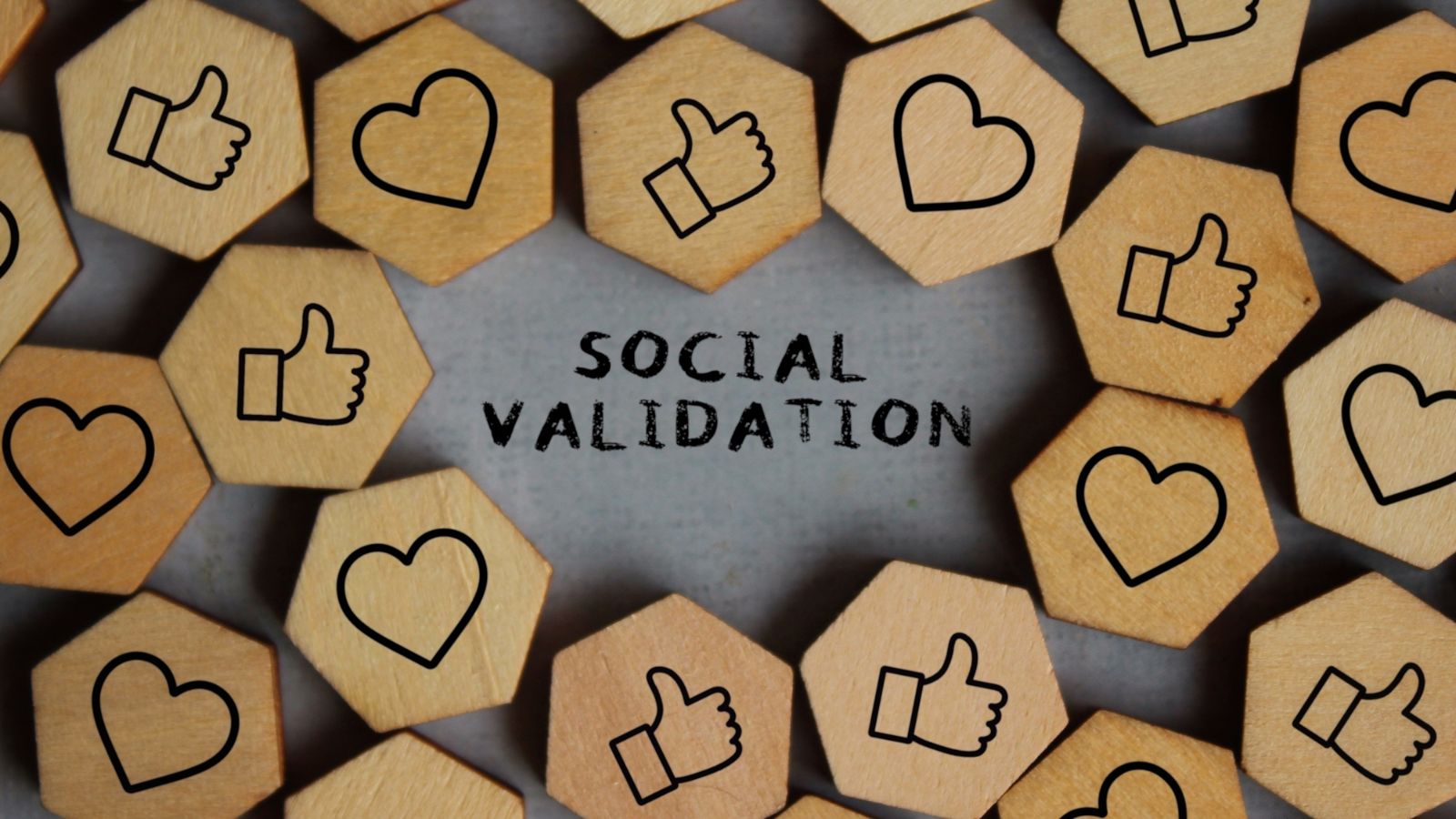
For some, “likes” have become a measure of success or worth. If a post doesn’t get enough likes, it can lead to self-doubt. Basing your self-worth or relationship happiness on online validation can make genuine connection harder.
Public Breakups and the Drama that Follows

Ending a relationship is tough enough without the added layer of public scrutiny. Some people even feel pressured to “announce” their breakup, which can be emotionally draining.
Helping Long-Distance Relationships Stay Strong
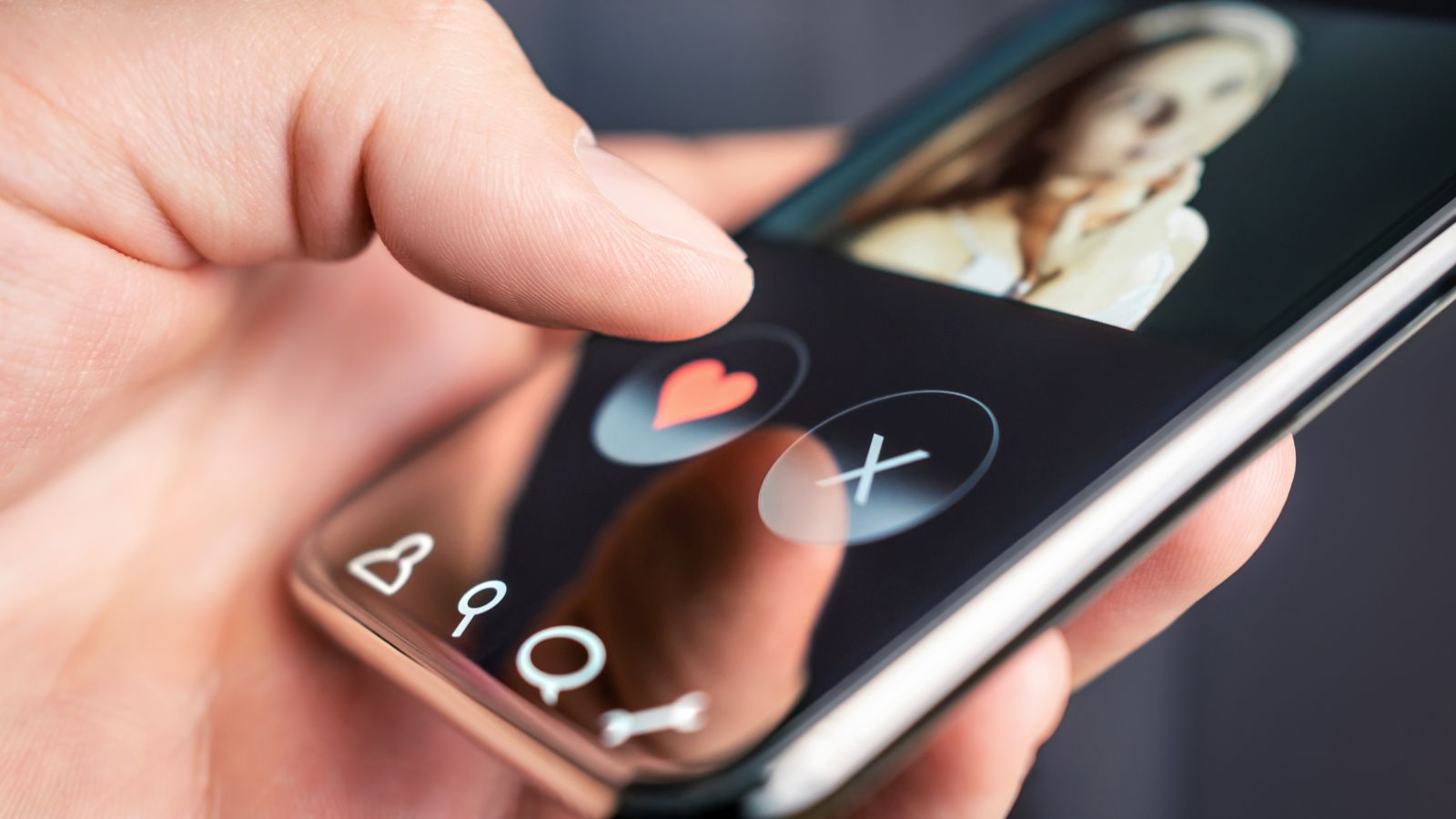
Social media is a lifeline for long-distance couples, helping them stay present in each other’s lives. Photos, posts, and updates provide a sense of closeness when they can’t physically be together.
Keeping Exes in Your Digital Life

Social media makes it easy to stay connected with ex-partners, which can sometimes create tension in new relationships. Whether it’s a simple like or a lingering DM, these connections can be challenging to navigate.
Turning Friendships into “Online-Only” Connections
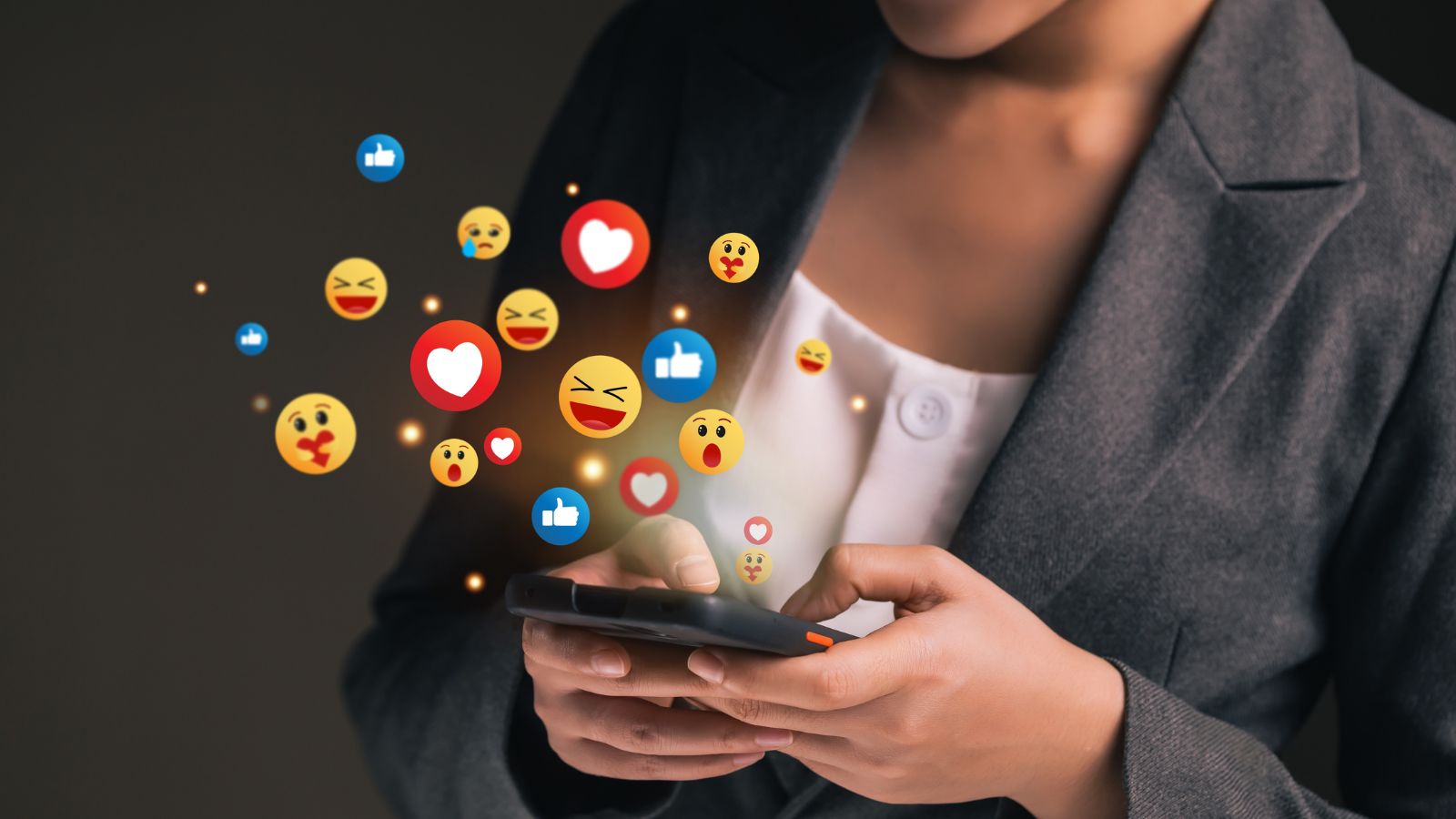
Social media makes it easy to stay updated on friends’ lives, but it can also make us lazy. Sometimes, instead of catching up in person, we end up just liking each other’s posts, which doesn’t build a real connection over time.
Blurring the Lines between Work and Personal Life

With constant notifications, it’s tough to separate work from personal time fully. This can create tension if one person feels they’re not getting enough undivided attention from their partner.
Building a Shared Digital Identity

Many couples love to post together or even have shared accounts, which can be fun but sometimes leads to co-dependency. Keeping some individuality can be healthy, both for relationships and personal growth.
The Fear of Missing Out (FOMO)

Seeing everyone’s highlight reels can make you feel like you’re missing out, even in your own relationship. Constantly comparing your experiences to others online can lead to stress when, in reality, what’s offline often matters most.
Conclusion

Social media isn’t all bad, nor is it all good—it’s just a tool that reflects and sometimes amplifies the best and worst parts of our relationships. The key is using it in a way that brings people together rather than driving them apart. Setting boundaries, prioritizing face-to-face time, and resisting the urge to compare can help keep our relationships healthy and fulfilling in both the online and offline worlds.
18 Reasons Why People Are Leaving Florida in Masses

Exploring factors that impact the desirability of living in Florida, this list delves into various challenges shaping residents’ experiences. From environmental concerns like rising sea levels to economic factors such as fluctuating job markets, these issues collectively contribute to a nuanced understanding of the state’s appeal.
18 Reasons Why People Are Leaving Florida in Masses
